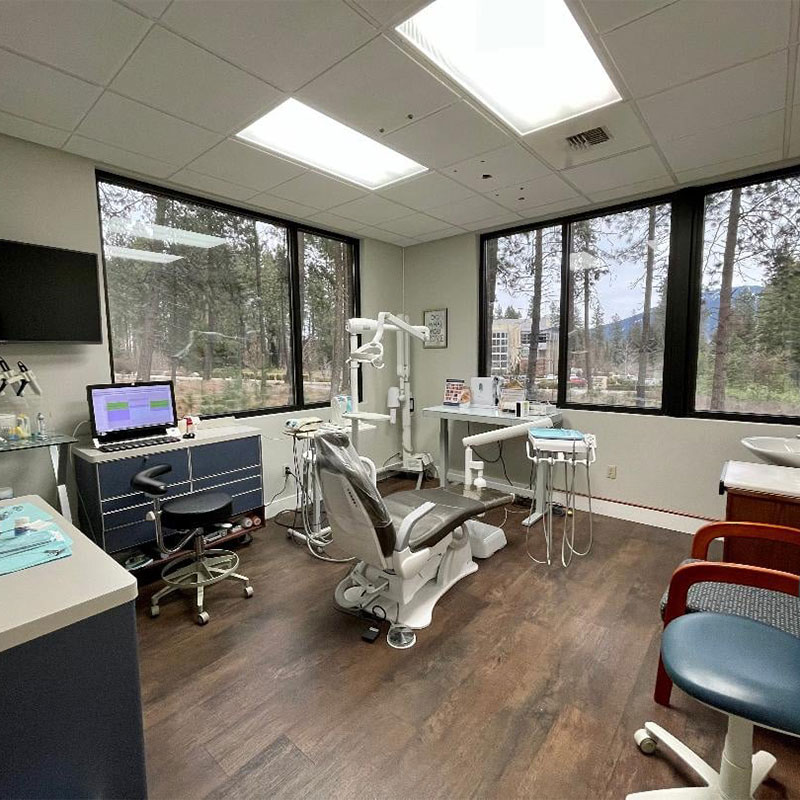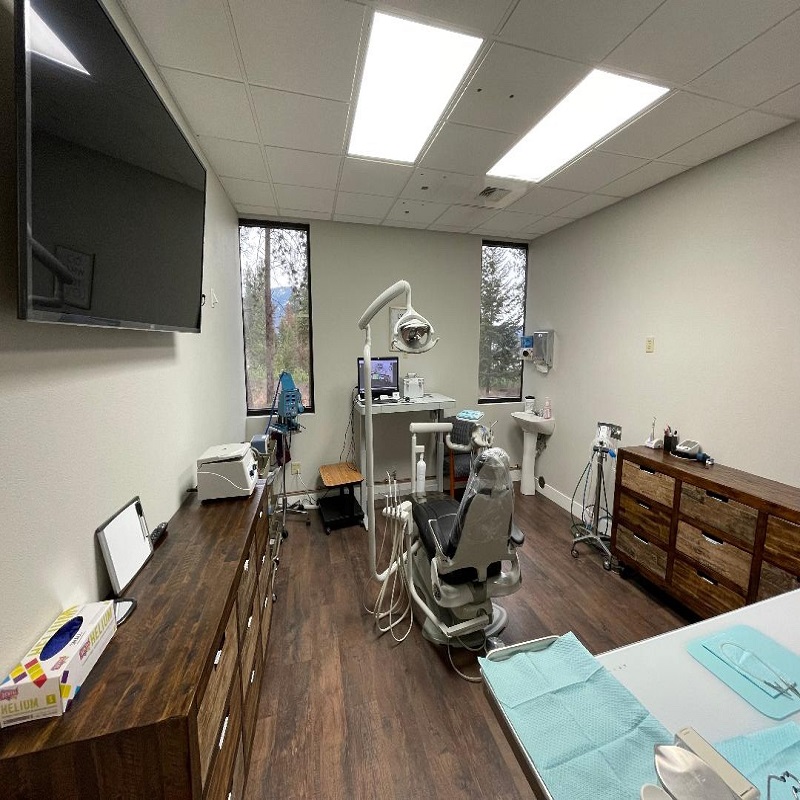FAQs
What is Periodontal Disease?
Periodontal Disease is a quiet disease that begins with little or no symptoms. It is caused by bacterial plaque that surrounds the teeth and enters the gums. The immediate condition is known as ‘gingivitis’. The gums become irritated, inflamed and often bleed. If not properly treated, the condition worsens. Noticeable symptoms now appear. They include:
- Bad Breath
- Gum Recession
- Gum Sensitivity to Acidic Foods
- Abscesses
- Tooth Pain
- Tooth Loss
How Do You Treat Periodontal Disease?
Periodontal Disease is a chronic condition that needs immediate attention. Through a series of Periodontal Cleanings, Root Planning & Scaling, Laser Therapy and Local Antibiotics, this condition can be controlled. Periodontal Surgery is only necessary for severe cases.
With best of treatment modalities, Periodontal Disease cannot be cured, it can only be slowed down in its progression. There comes a time when a decision will have to be made whether a tooth or a series of teeth should be saved with the risk of further bone loss, or whether they should be removed when enough bone height is still present to allow for an implant to be placed without extensive bone regeneration procedures.
How Can I Improve My Smile?
There are several ways in today’s Dental World to enhance your smile. Certain procedures include:
- Tooth Whitening.
- Bonding
- Porcelain Veneers
- Porcelain Crowns
We have the capability to improve your smile using all or some of these procedures. For an exact consultation, please contact our office so that we may provide you with a customized treatment plan.
What is Bonding?
Bonding is a cost-effective procedure used to fill gaps in front teeth and to change a tooth’s color. The immediate results are amazing. Within a few hours, you will have a great smile! Bonding like Tooth Whitening may change color over time due to coffee, tea, cola and wine.
What are Porcelain Veneers?
Porcelain Veneers are thin pieces of porcelain that go directly on your natural teeth. . This entire procedure can take as few as two visits. Veneers change the size, shape and color of a patient’s teeth. This procedure is used to repair fractured teeth, teeth darkened by age or medication, or a crooked smile. Many times, patients ask for Porcelain Veneers to simply feel and look younger with a straighter, whiter smile!
What are Crowns?
A Dental Implant is a “man-made” replacement for a missing tooth or tooth root. Made from titanium, this screw-like object is inserted under the gum and directly into the upper or lower jawbone. There is usually minimal discomfort involved with this procedure. After a period of a few months, the Dental Implant and the bone fuse together. This creates an anchor for the new tooth crown to be placed onto the dental implant.
What are the Benefits of Dental Implants?
- Dental Implants look and function like your natural tooth.
- Dental Implants are a permanent solution for missing teeth.
- Dental Implants are maintained by routine hygiene visits to your dental office.
- Dental Implants decrease the possibility of bone loss.
- Dental Implants replace the need for a Removable Full or Partial Denture.
- Dental Implants focus only on the tooth or teeth that are missing. A traditional bridge would involve the two or more adjacent teeth being compromised to create a false tooth in between.
Who is a candidate for Dental Implants?
With major advancements in Dentistry and Dental Implants, most people are candidates for Dental Implants. There may be exceptions due to medical conditions such as diabetes, heart disease, and severe osteoporosis.
What does the Single Dental Implant Procedure Involve?
The average Dental Implant Procedure takes 3 – 4 visits. The first visit is to collect information about your case in the form of a detailed oral examination, a CT Scan, x-ray the area and to take an impression for a surgical guide and a temporary prosthesis to cover the Implant.
The next visit is to present you with a treatment plan and sign informed consent and financial forms.
The third visit is to place the Implant. Local anesthesia is applied to the area. (Any additional sedation is no longer necessary unless deemed by the implant surgeon). The implant surgeon will then make a minor incision to place the implant. The implant is placed into the jawbone. The area will then be secured with sutures. The procedure is usually completed in a painless manner.
You will next return in approximately 3-4 months to begin creating the Porcelain Crown to place over the Implant.
How Much Does a Dental Implant Cost?
Fees from Dental Implants vary from dentist to dentist and from case to case. Always schedule an Implant Consultation to discuss the procedure and all fees involved.
How long does a Dental Implant last?
With routine dental hygiene scheduled and proper home care, a properly placed and maintained Dental Implant can last approximately 30 years to a lifetime. The only exception to this is due to further external trauma to the implant site or a medical condition resulting in immune-compromised status.
Does your office offer financing for services provided?
Please contact us to discuss the options we have available to make your perfect smile today!
Which Implant Solution is Ideal for You?




